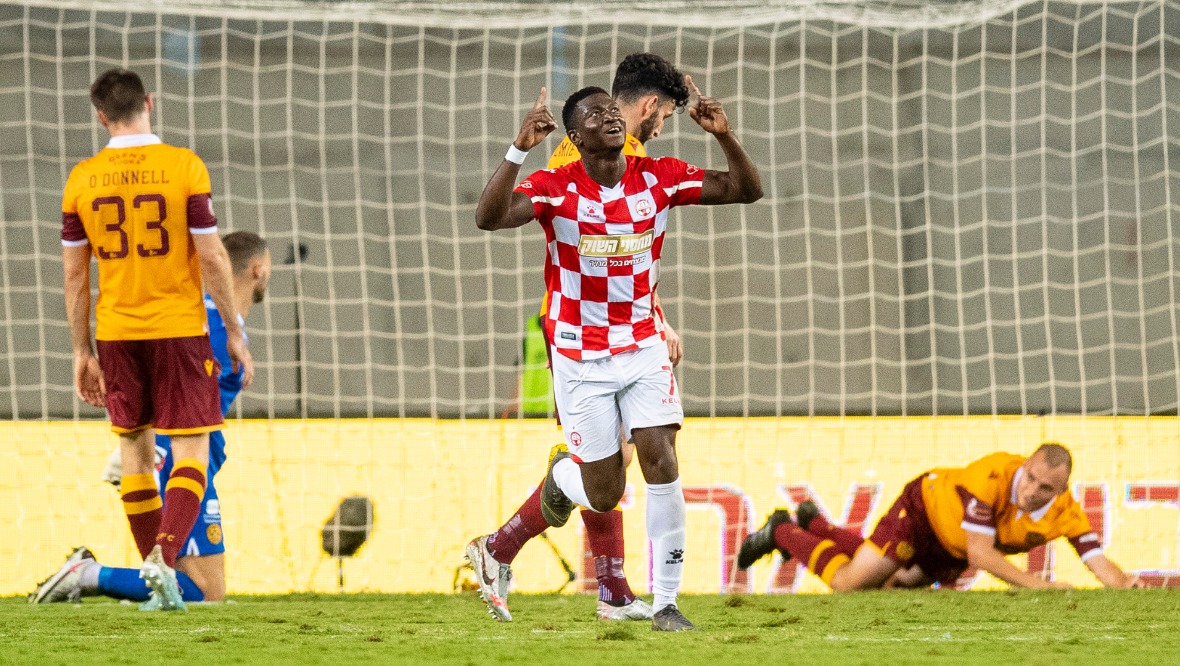In a season that’s been played under a shadow so far, with empty stands, financial worries and positive tests a constant worrying backdrop, it was welcome to hear news that was inarguably good for Scottish football.
UEFA have been finalising the guest list for next season’s competitions and have confirmed that five of Scottish football’s finest will be invited to take part.
The Scottish champions and runners-up will both get to have a crack at qualifying for the Champions League proper, and without four rounds of qualifying, while the Scottish Cup winners will be in the third qualifying round for the Europa League.
Perhaps most interesting, two clubs will be part of the inaugural UEFA Conference League as the governing body launch a new third-tier competition that is specifically designed for the benefit of nations that can’t reach the standard, the power, the spending of the Big Five. Nations like Scotland.
The reformatting of continental competition means a fresh start for UEFA’s events but the increased allocation and interest for Scotland comes after improved results lifted the all-important co-efficient score that determines each association’s place in the pecking order.
The presence of Celtic and Rangers in the group stages of the existing elite competitions in recent years, and wins over the likes of Lazio, Rennes, Porto, Braga, Feyenoord, have helped to lift Scotland’s standing and undo the damage done by years where the majority of our representatives bowed (or crashed) out in the early qualifiers.
Early indications are that it’ll be the Glasgow sides battling out for top spot and runner-up again this season. Both would relish the chance to play for a place at Europe’s top table, and having that opportunity without having to start the new season almost before the previous one ended is a bonus.
It’s below the truly elite level that the revamp gets interesting though. The Europa League group stage has been cut from 48 teams to just 32 but qualifying has also been slimmed down. Scotland’s nominated side enter at the third qualifying round, just two games from the groups, but the kicker is that there are no teams in the competition from countries outside the top 15 bar those who drop down from the Champions League qualifiers.
The slog that begins when most professionals are on the beach is over but the level is higher when it does kick off.
Third and fourth-placed teams in the Premiership (or perhaps fourth and fifth if the cup winner finished higher) take a trip into the unknown.
Having dispensed with the entertainment of the Cup Winners’ Cup years ago, UEFA have decided that a three-tier system is a good idea after all and brought in the Conference League. While it won’t be a real continental competition until it has its own orchestral them like the Europa and the Champions League, it at least has the intrigue of the new for now.
Created with the intention of giving “more clubs in more countries a chance to participate in European football”, the Conference League might be where the added interest is for Scottish fans.
Last month, before Motherwell beat Coleraine but saw their European interest ended by Hapoel Be’er Sheva, Declan Gallagher reflected on Scottish side’s efforts in Europe.
“Celtic and Rangers are always carrying a big burden to get to Europe,” he said. “I think it’s probably about time that other clubs in this league start progressing and start showing that Scottish football is a good league.”
The new competition offers the chance to make a mark against similar-sized sides. The Big Five will only have one entrant apiece, which means that the likes of Wolves or Napoli may lay in wait for some, but the vast majority of competing sides will be those that Premiership sides can harbour reasonable hopes of beating.
Competition is expected to be more competitive and that can only be good news for those tired of seeing mismatches and hopeless causes. But the other benefits to a better chance of longer participation can’t be missed.
Current circumstances have hit the balances of Scottish clubs hard and the increased chance of extended runs in European competition can only be welcomed. The levels may be recalibrated but the benefits remain the same for any side that can still be playing continental competition after the clocks go back.
And while it may seem a long way off now, the chance for more fans to travel to watch their side in Europe is a welcome carrot for Scottish football in a season where being beaten with a stick seems like the new normal.


 SNS Group
SNS Group

























